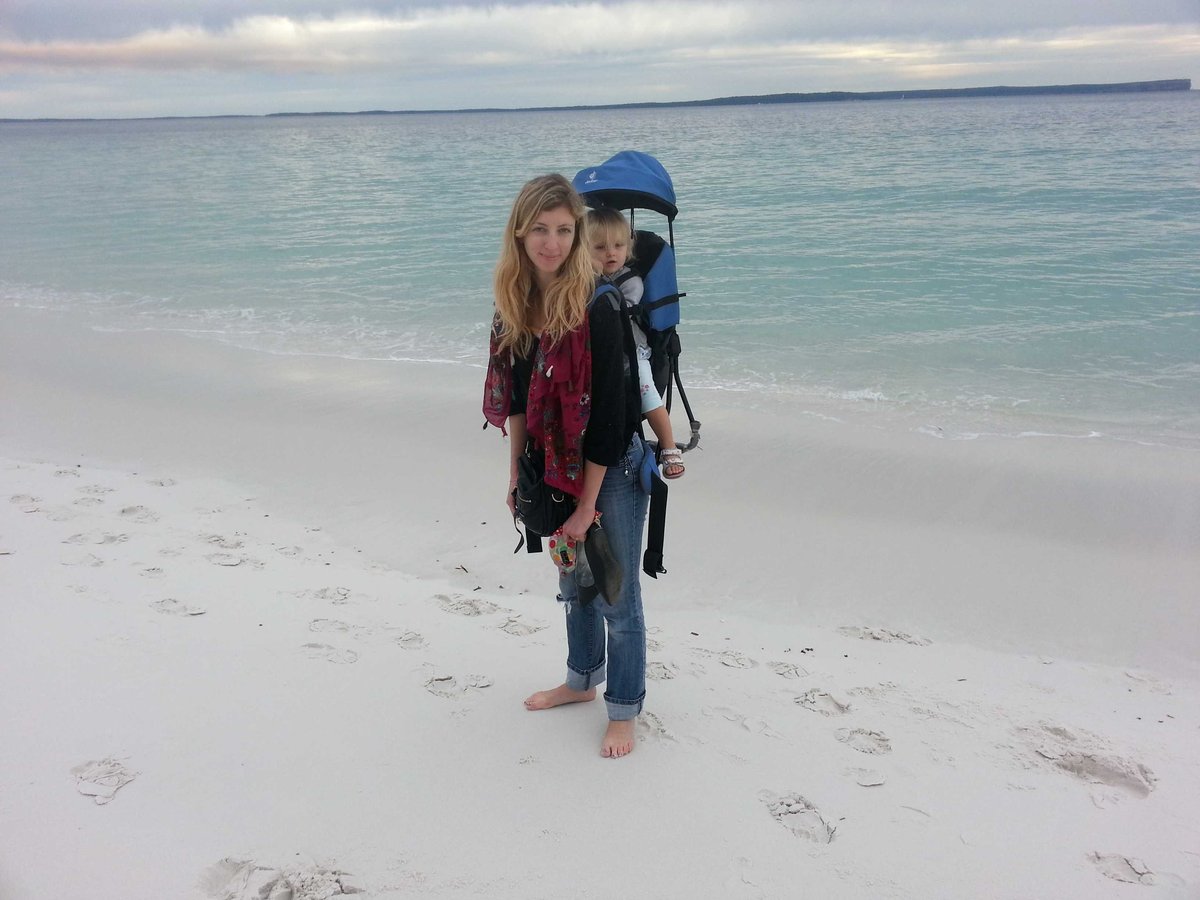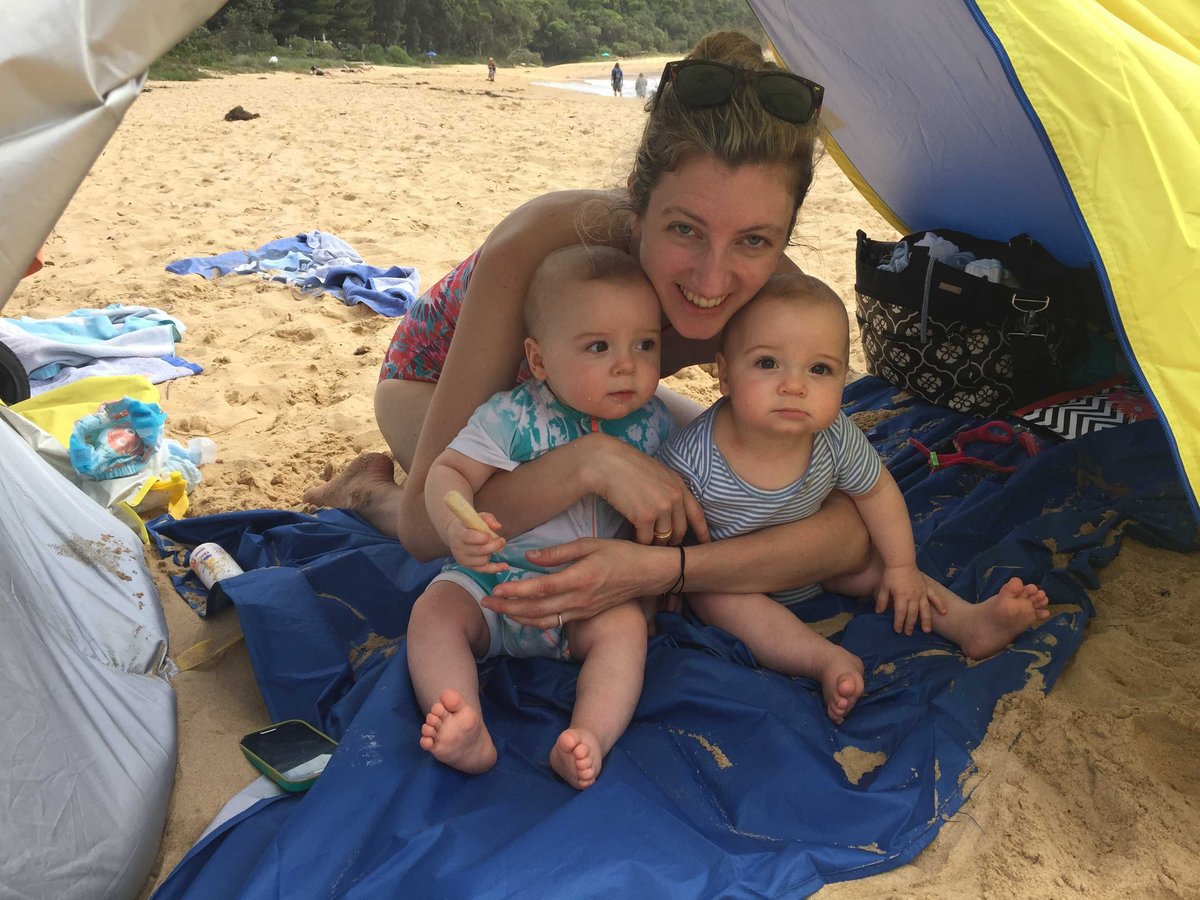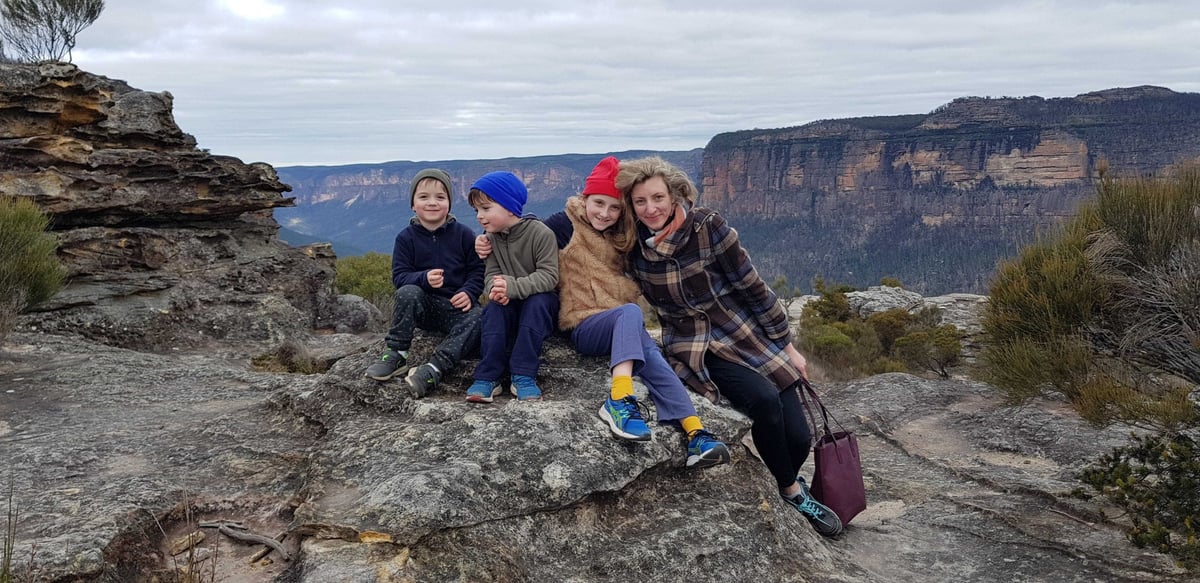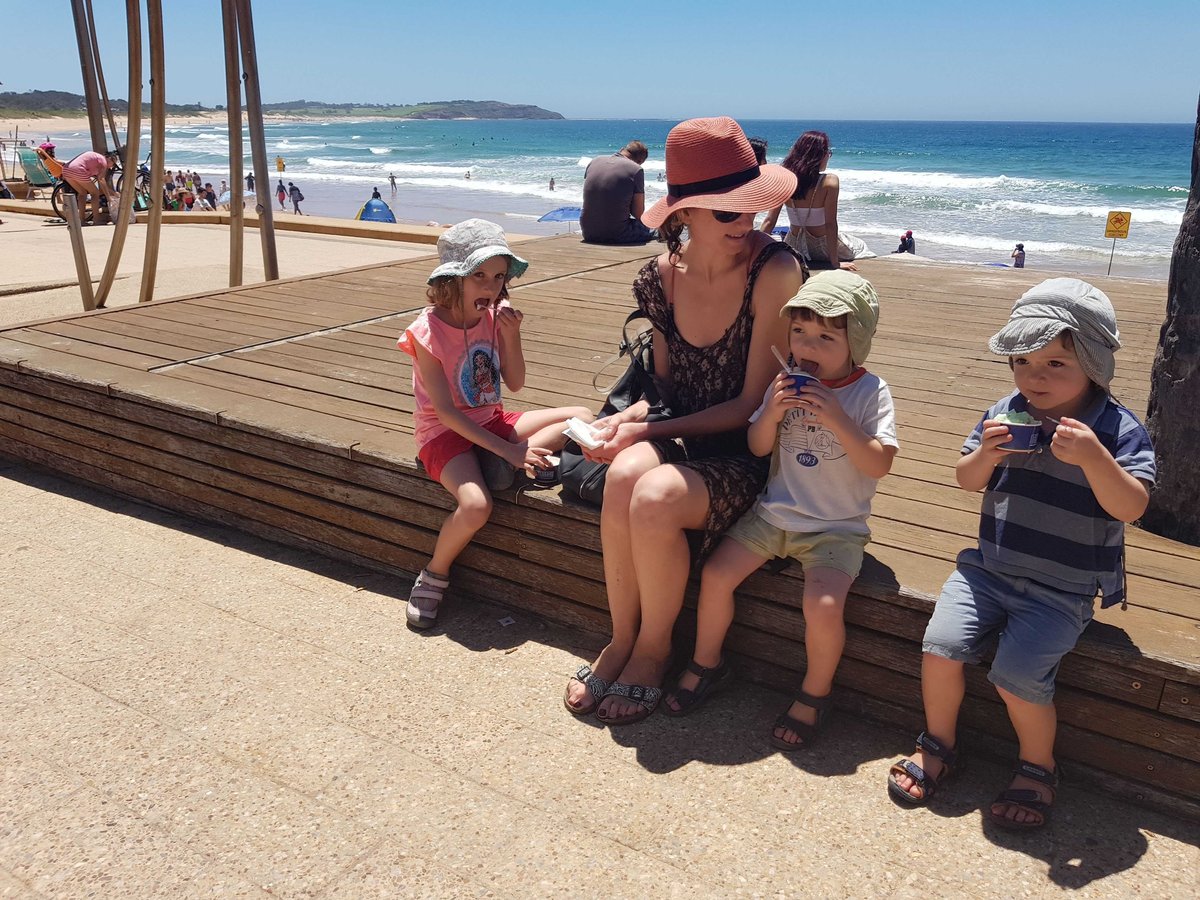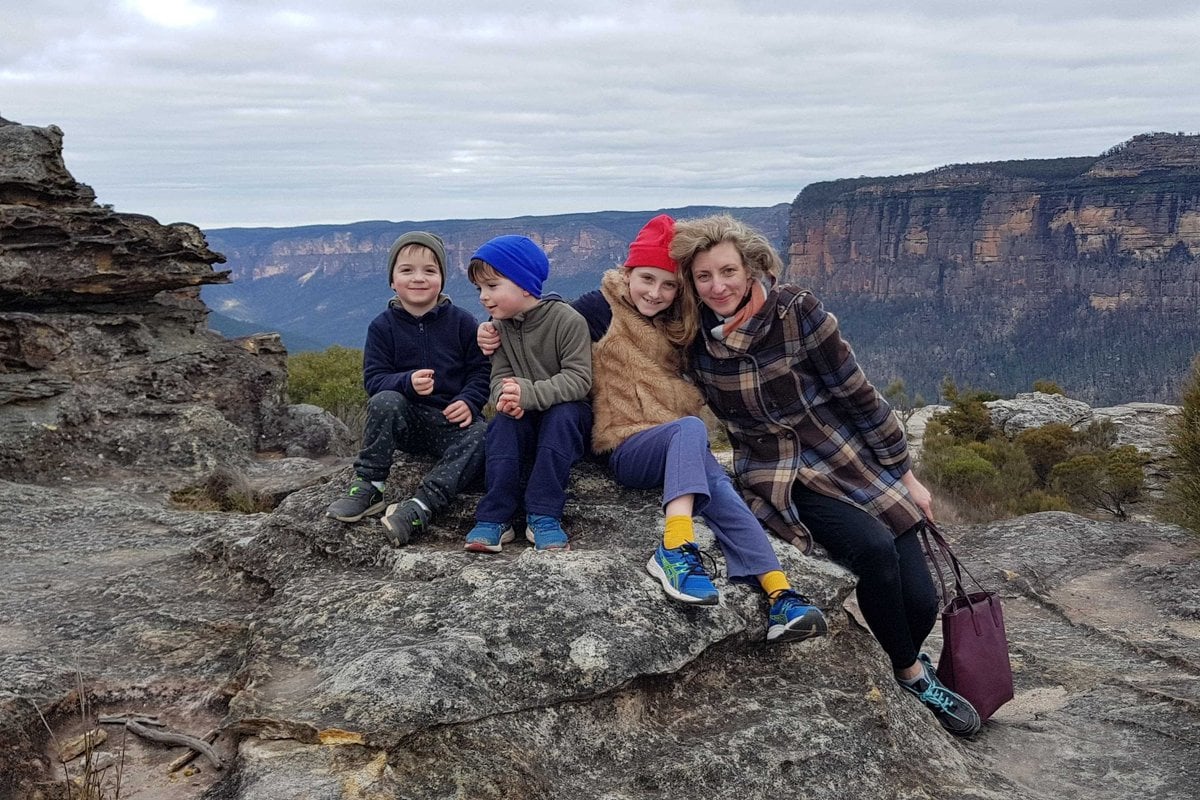
When the November 2015 terrorist attacks struck Paris I was visiting my parents there with my partner and our three kids. We were lucky to be safe and in a different part of town.
I remember feeling a lot of things: shock, horror, fear, infinite sadness. I also remember feeling thankful.
Thankful that I was there, with my family, when tragedy hit my hometown, and not 20,000 km away in Australia, where I live.
Side note: Here are the horoscopes coming out of isolation. Post continues below.
It is a version of the same feeling that has convinced me to move my family back to France this year, after nine years in Australia.
The pandemic ultimately pushed me to tackle the dilemma I’d postponed for years: settling here for good, or going back.
A decision that many immigrants grapple with on a regular basis (at least those of us lucky enough to have a choice in the matter). A decision that boils down to asking yourself: where is home, really?
That question was hard enough to navigate pre-COVID. You don’t necessarily move abroad knowing you will stay for a decade.

